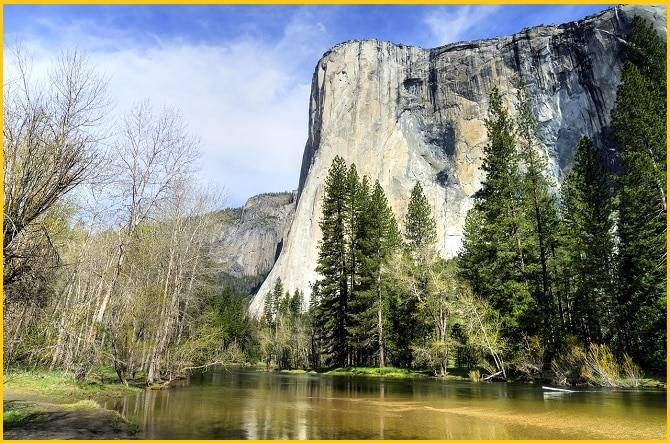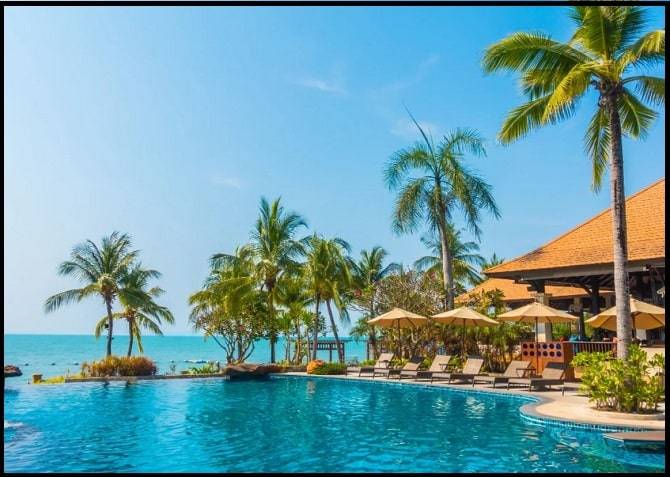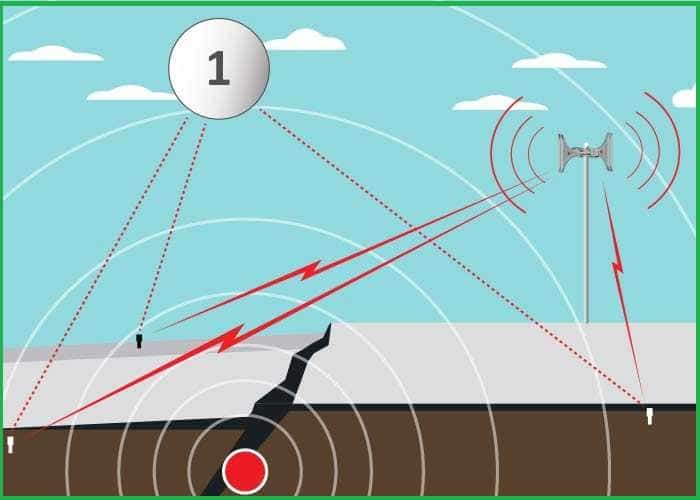
Deepor Beel
Deepor Beel Wildlife Sanctuary
Deepor Beel Ramsar site
Deepor Beel Picnic spot
Dipor Bil wetland is not officially designated as a picnic spot, and visitors are encouraged to respect its ecological importance and adhere to conservation guidelines. However, there are areas around Deepor Beel where visitors can enjoy the natural surroundings responsibly.
Some areas around Dipor Bil may offer boat rides. These can be a peaceful way to explore the wetland and observe birds and other wildlife. Ensure that any boating activities are conducted responsibly. Photography enthusiasts can capture the beauty of Deepor Beel’s landscapes and its diverse birdlife. However, it’s essential to maintain a respectful distance from wildlife and follow ethical photography practices.
Some areas may allow nature walks or trails around the wetland. Follow designated paths and respect the natural habitat to minimize disturbance to the wildlife.

Deepor Beel resort
How to reach Deepor Beel Wetland
The nearest airport is Lokpriya Gopinath Bordoloi International Airport in Guwahati. From the airport, you can hire a taxi or use other local transportation to reach Deepor Beel wetland. Guwahati is well-connected by train. Guwahati Railway Station is the main railway station.
Guwahati is well-connected by road, and you can reach it by bus or private vehicle. Once in Guwahati, you can hire local transportation like taxis or auto-rickshaws to reach Dipor Bil. It’s advisable to arrange transportation in advance or check for local options, as Deepor Beel is a protected wetland, and private vehicles might not be allowed in certain areas.








